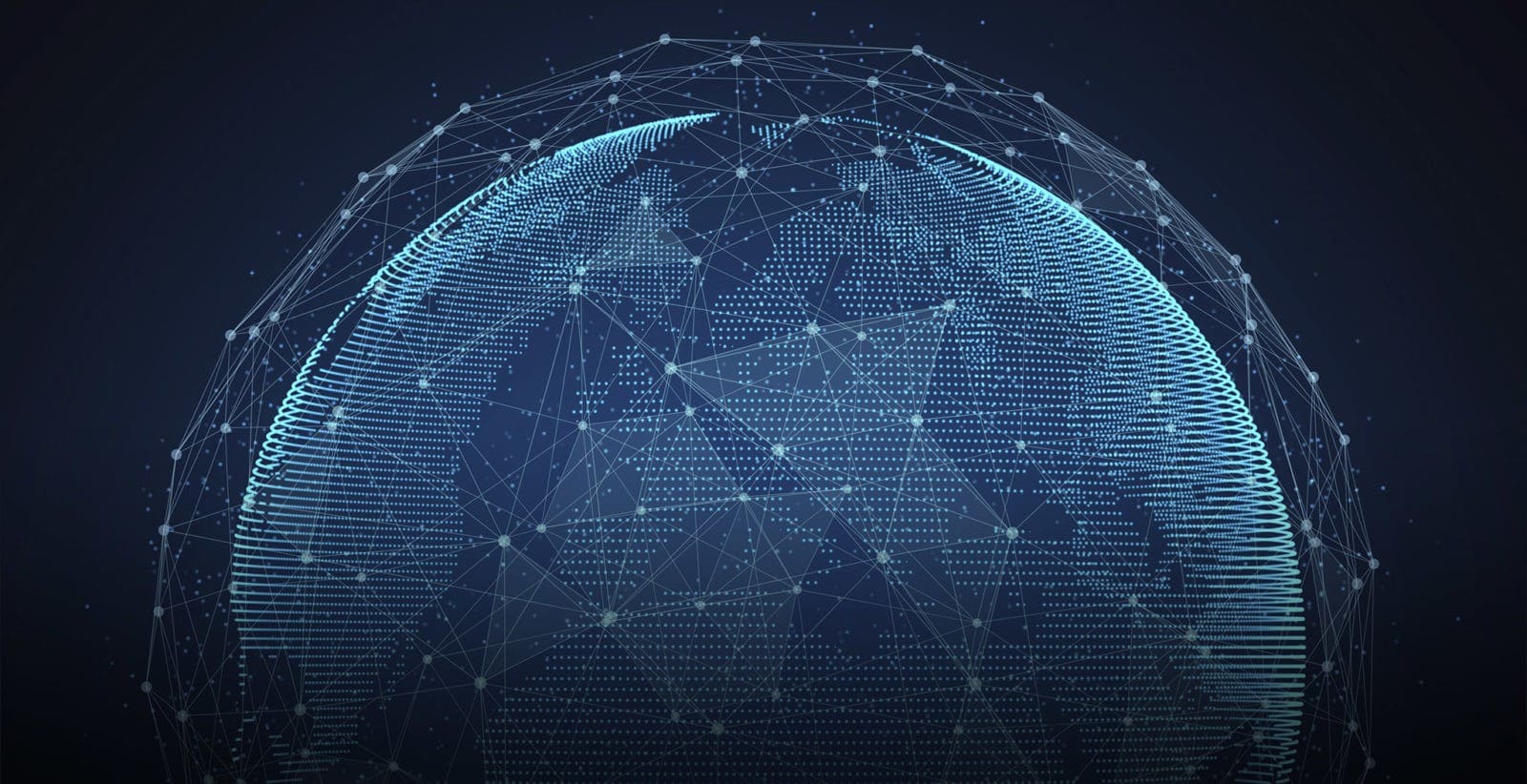
Intelligent devices and their ever-growing networks encompassing our daily lives have emerged as the utopian idea for our tech-savvy generation. As predicted by research firm IDC, by 2020 there will be more than 28 billion objects with data-exchange capabilities.
The Internet of Things (IoT) is already on its way to materialise as the next big tech trend. Its enormous growth rate can be estimated from a report by Gartner Inc., which indicates that the use of IoT devices in 2015 was up by 30 per cent from 2014 with over 4.9 billion connected devices. Further, according to IDC, the IoT market is expected to hit US$ 7.1 trillion by 2020.
The security threat
The IoT is central to smart homes, smart shopping, smart transportation and smart healthcare. Embedded software, hardware devices and communication services are getting interconnected, forming a complicated network of information, most of which is stored in the Internet. With increased proliferation of Internet networks, security has emerged as the most critical factor in its existent infrastructure, as devices are vulnerable to sophisticated hacking activities.
In fact, the perilous security condition has facilitated the protrusion of a massive IoT security market side by side. According to a forecast by Technavio, the global IoT security market will grow at a compound annual rate of 54.93 per cent over the period 2014 to 2019. Hence, the IoT is offering the business world increasing security risks besides opportunities.
With billions of connected devices, security attacks and data thefts will emerge as a daunting challenge for the industry. Our sensitive personal information will become vulnerable in cloud domain.
The IoT has decentralised entry points for malware, exposing a smart network to potential security threats. As loads of devices are interconnected in a smart system, a minute security glitch in a device may create a loophole for the entire network, exposing every bit of information within it.
A report by Cisco on cyber security threads has identified a number of aspects related to IoT security. It reveals that IoT devices could be used as infection vectors to spread malware across organisations.
Infection could lead to denial-of-service attacks, causing serious damage to life and property. As IoT devices are increasingly used in extremely-sensitive industries such as health, these now form critical parts of life-saving mechanisms and emergency systems. Any failure in such devices in a critical juncture of life and death could lead to the loss of life of a patient.
With remote sensors and monitoring materialising as the core of the IoT, data control and ownership in business organisations will become more sensitive. This will drive compliance issues to become pertinent across every industry vertical. Unique compliance frameworks developed and customised according to the unique requirements of businesses will emerge.
For adequate data protection, development of new security frameworks will gain an evolutionary trend, as these will have to evolve consecutively to deal with new and evolving security threats. In fact, the evolutionary nature of the IoT is set to complicate the industry. With a huge number of players in the IoT, enterprises will have to follow multiple standards and protocols along with a large number of compliances.
The benefits
Despite its complexities, the IoT has been successful in creating hype primarily because of the advantages it offers. Cost saving, improved process operations, higher productivity, obtaining real-time information, forming massive networks to overcome geographical boundaries and innovations in businesses are the primary advantages offered by this new technology.

The IoT brings down the operational cost of a business substantially, as it sidelines the need for expensive infrastructure by encouraging an extended utilisation of the cloud. Businesses are becoming more automated, resulting in efficient and agile process structures. The IoT eradicates possible human errors as human intervention becomes less relevant in business.
By improving these aspects, businesses can ensure higher productivity and reap better profits out of their operations. The IoT has facilitated business expansion across large geographical locations and offers more pervasive services or products to customers. As it improves supply chain management and facilitates real-time tracking, enterprises gain radical advantages to manage their businesses through the IoT.
The way forward
To harness the potentials of the IoT optimally, threads and complexities in this technology must be addressed intuitively. Threat-centric and automated approaches to security must be leveraged to gain maximum advantage out of smart IoT networks.
Operational technology (OT) of used devices must be integrated to IT platforms within businesses after intensive scrutiny and research. As OT layers in these devices are the most vulnerable entry points for malicious agents, more intensive technology must be developed aimed at increasing its integrity with Internet security protocols.
Increased operational efficiency offered by the IoT could offer a win-win situation to businesses as well as consumers, while improving their quality of life. Effectual intelligence can be generated using combined information from smartdevices.
However, the emergent network structure is also advocating sheer vulnerabilities to the whole infrastructure. As sensitive information critical to businesses as well as personal lives of users will be exposed in the network or in the cloud, without a strong and properly maintained security infrastructure, fear of data leakage to malicious entities will always exist.













